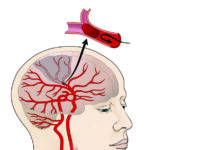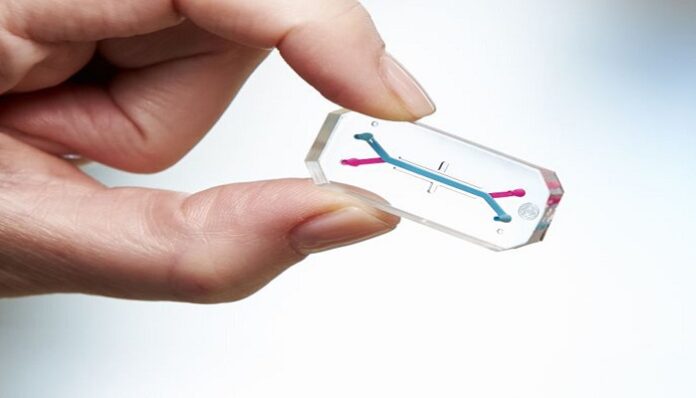Researchers from prestigious research institutions in the city have created a series of innovative devices designed to imitate the functions of the human placenta. These devices, known as placenta-on-a-chip, have the potential to shed light on complications related to pregnancy, such as preeclampsia and gestational diabetes. The collaborative effort involves IIT Bombay and the National Institute for Research in Reproductive and Child Health (NIRRCH), which operates under the Indian Council of Medical Research.
During pregnancy, the placenta acts as a protective barrier, guarding the developing baby from harmful substances. However, some harmful compounds can still breach this barrier, leading to potential harm to the fetus. Consequently, pregnant women are often deprived of many medications, which can lead to continued discomfort. Dr. Deepak Modi from NIRRCH explained this challenge and the motivation behind their work.
The idea for these placenta-on-a-chip devices sprouted during a casual conversation between Dr. Modi and Professor Abhijit Majumder of IIT Bombay. Drawing parallels between the placenta’s role as a selective gatekeeper of nutrients and an engineering problem of controlled transfer, they realized the potential of replicating its functions on a chip. Professor Debjani Paul from IIT Bombay’s School of Biosciences and Bioengineering also plays a key role in this research.
Studying the human placenta poses difficulties due to its temporary nature, only developing during pregnancy. To address this, the team integrated engineering calculations into the chip design to simulate the placental functions within an equivalent environment. The research groups meticulously validated the chip’s functionality against the actual placenta’s processes.
With successful validation, the placenta-on-a-chip devices are poised for the next phase of their journey. They will be employed in testing various drugs and medicines, potentially transforming the pharmaceutical industry. This advancement holds the promise of reducing the reliance on animal testing and ushering in a new era in pharmaceutical research. The technology’s potential benefits for both industry and academia are so significant that patent filing is currently underway. This pioneering work has the potential to positively impact countless lives worldwide.
























